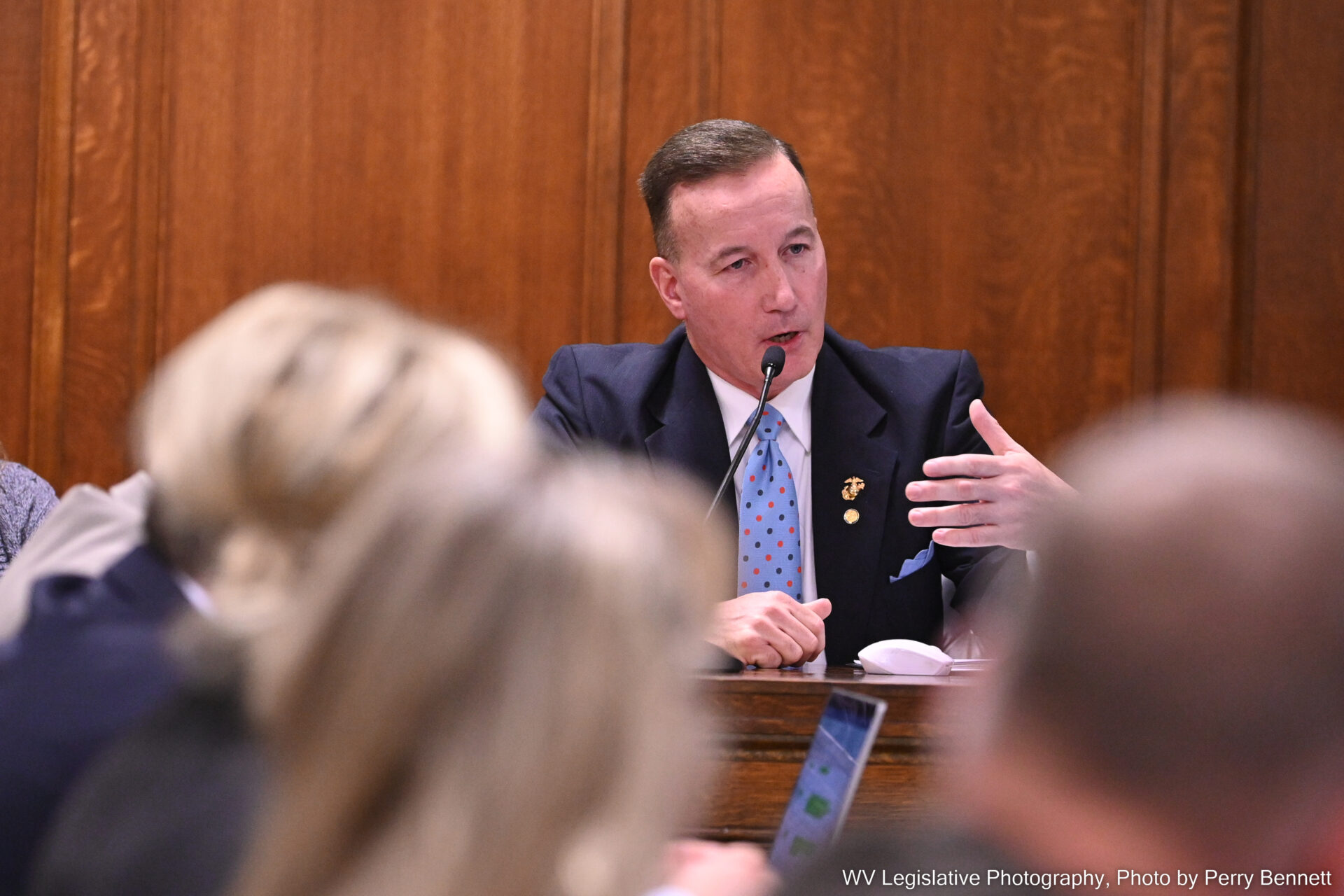On Aug. 30, Gov. Jim Justice appointed then Del. Mike Honaker, R-Greenbrier, to serve in the legislatively created position of Inspector General for the state Department of Homeland Security. Honaker immediately resigned his position in the House of Delegates.
The position was created by passing House Bill 3360 in the 2023 regular West Virginia Legislative session.
In an interview with West Virginia Public Broadcasting following the apparent appointment, Honaker said his primary duty is to conduct inquiries and, where needed, full scope investigations involving agencies that include the state Department of Corrections and the West Virginia State Police. He said he will work with the Corrections Inspector General on the many allegations and lawsuits facing that department and conduct his own prison inspection tour.
“My work is when there are allegations of fraud, waste, abuse, mismanagement, and maybe even matters that rise to a level of criminal investigation,” Honaker said in the interview.
When he was asked about taking the position he had just voted on, he said that was never discussed or considered.
“Absolutely not,” Honaker said. “It was never discussed, and never occurred to me.”
However, Article VI, Sec 15 of the West Virginia Constitution prohibits legislators from being appointed to any position created under a law passed during their term of office.
In a written statement, responding to an inquiry about the appointment, Justice’s Press Secretary C.J. Harvey said: “Mike Honaker was hired into an existing position within the Secretary of Homeland Security’s office as inspector general, rather than formally appointed to the statutorily created position as head of the Office of Inspector General. The governor believes Honaker to be the best man to serve in this role, and intends to formally appoint him to the statutorily created position at a later date.”
Honaker spent nearly three decades in numerous positions with the Virginia State Police, including special agent in charge of a division of the Bureau of Criminal Investigation in Richmond, Justice‘s office said in a press release. Honaker later served as the Greenbrier County Director of Homeland Security and Emergency Management and Director of the Greenbrier County 911 Center.
That appointment will have to go through the Senate, beginning with the Committee on Confirmations. Sen. Donna Boley, R-Pleasants, chairs the committee. In an interview just after learning of the constitutional confusion, Boley said the issue will be investigated.
“It’s unconstitutional for a delegate or senator to vote on something that he later benefits from,” Boley said. “The governor may be right. I don’t know, at this stage.”
Boley said there is a legal question to consider and she hasn’t spoken to the rest of the committee.
“We have good communications between the governor’s office and the Senate,” Boley said. “Normally, if something comes up that most of the committee members are opposed to, we’ll ask the governor to pull that nomination. I just don’t know at this point in time whether that’ll happen or not.”
The Inspector General position created in the statute covers all the agencies that are under the umbrella of the Department of Homeland Security. Those include West Virginia State Police, Division of Corrections, Fire Marshal’s Office, Parole Board, the Division of Emergency Management, the Division of Justice and Community Services.
